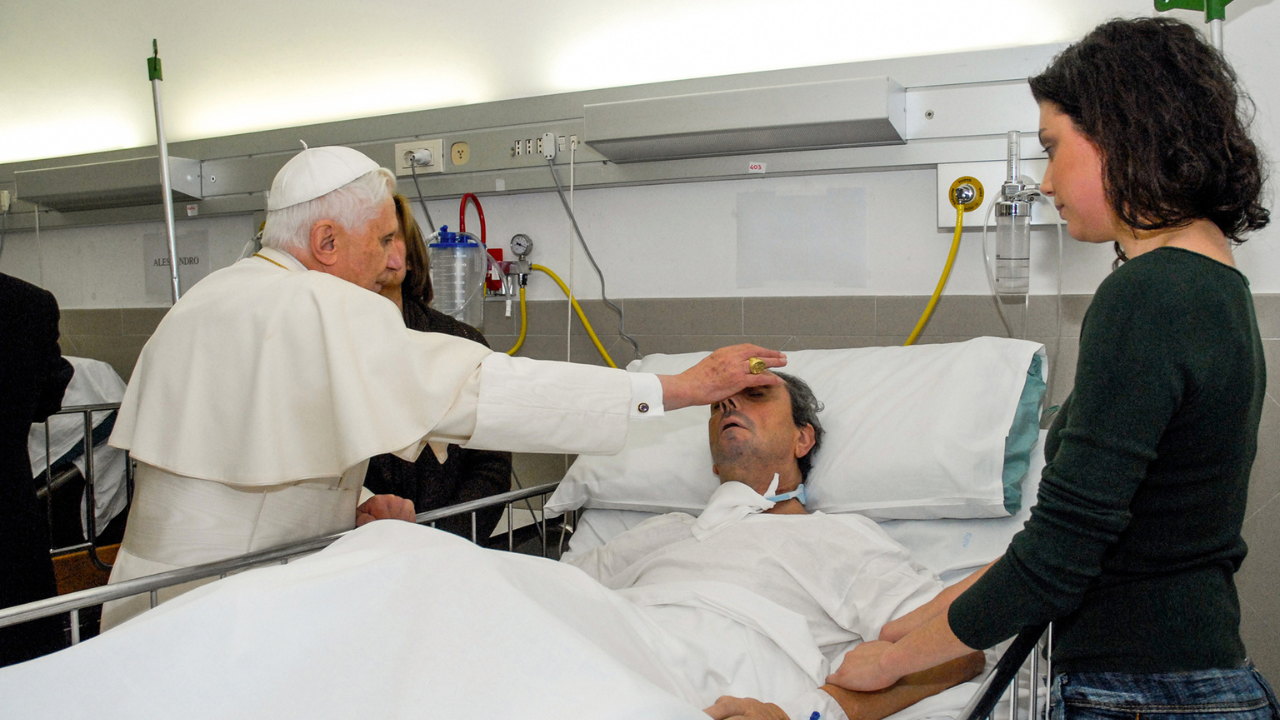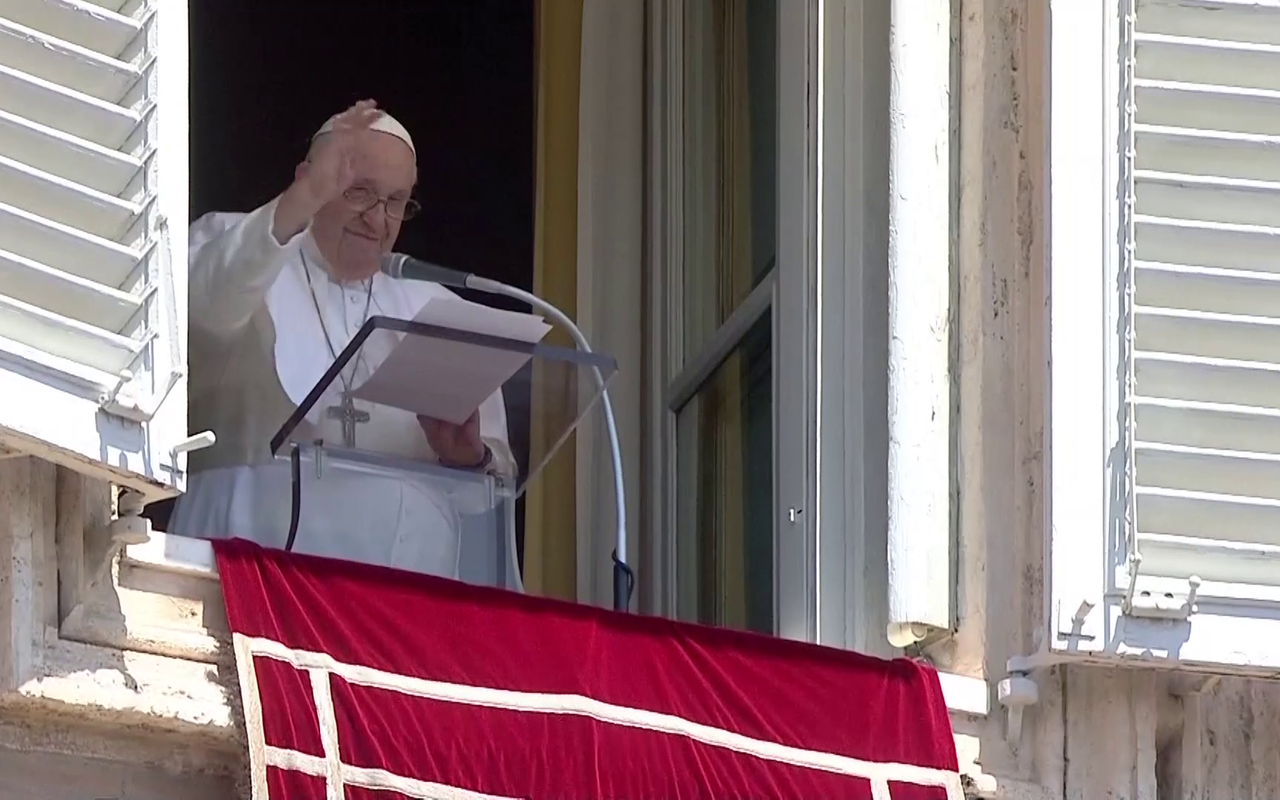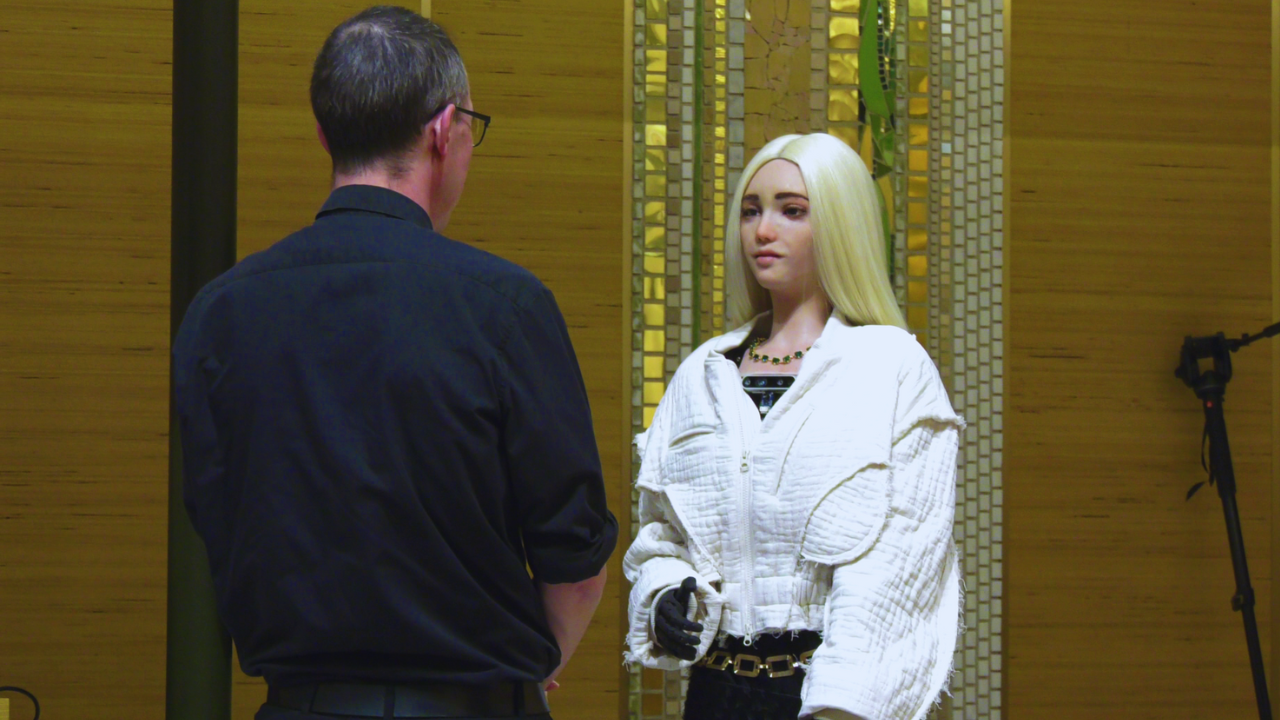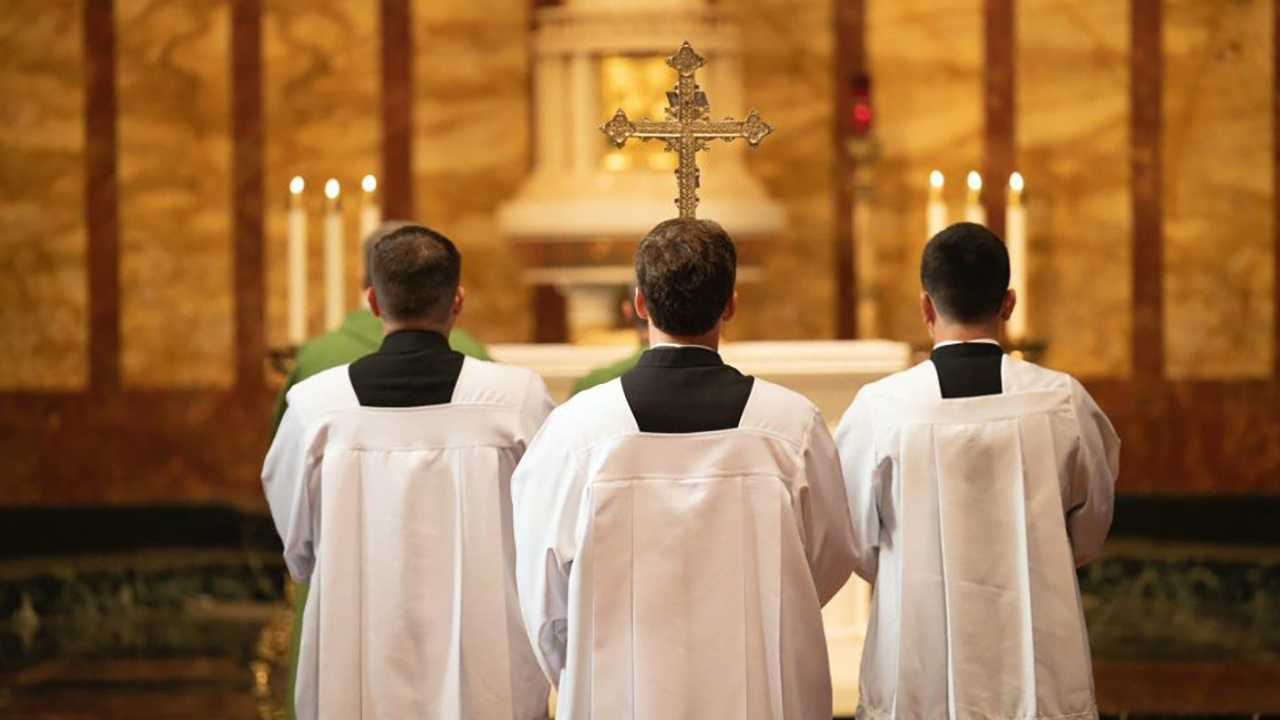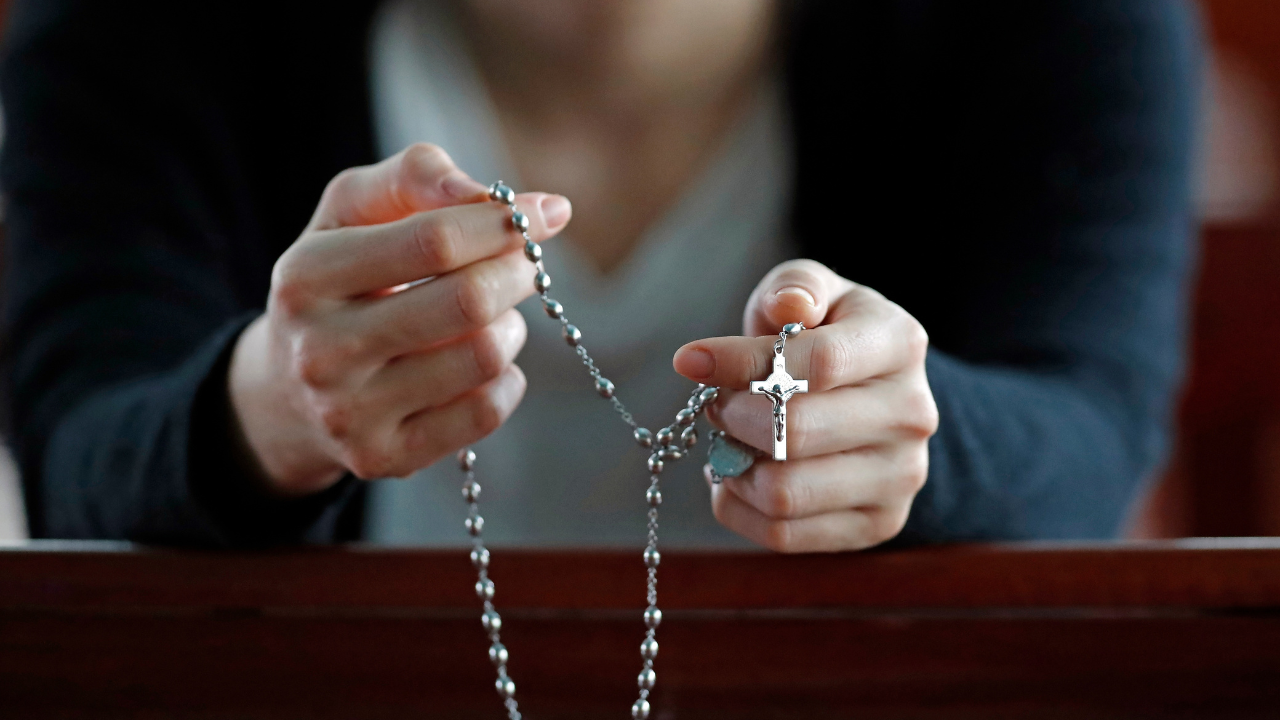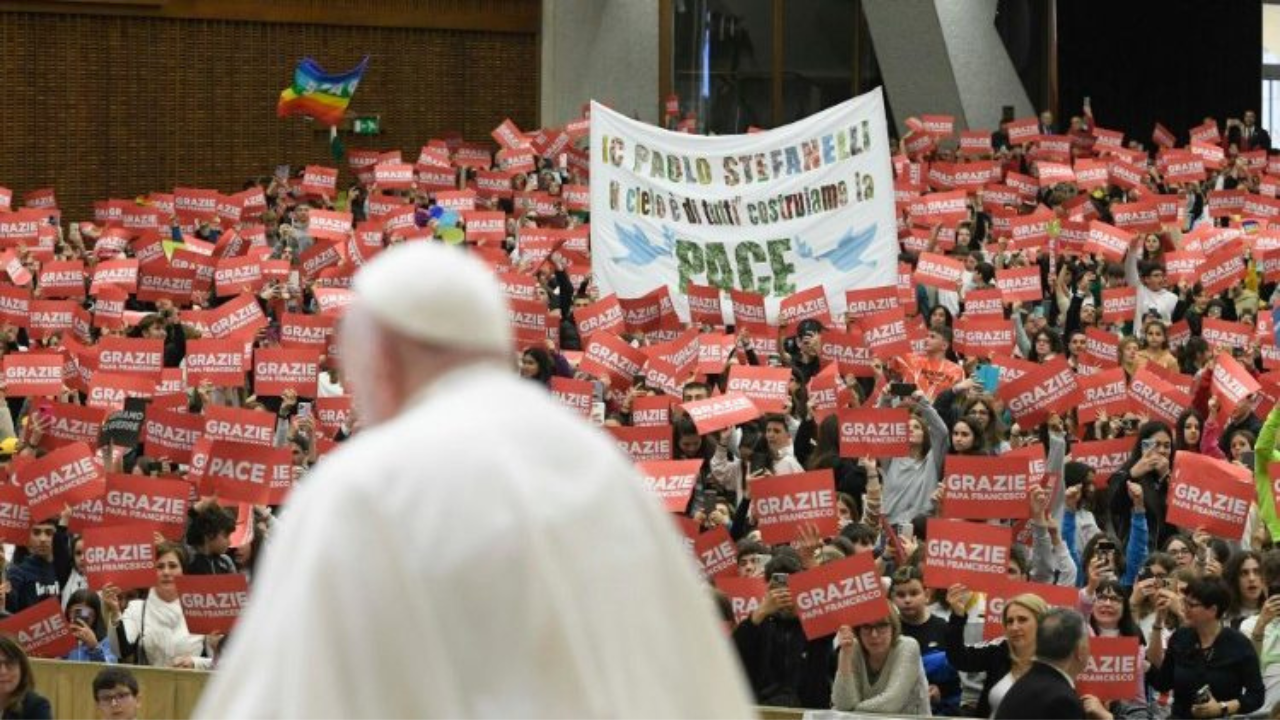Commissions tasked with addressing abuse within the Church, for example in Australia and France, are calling into question the sacramental seal of confession. It's a delicate issue for the Catholic Church.
FR. ÁNGEL RODRÍGUEZ LUÑO
Consultor, Congregation for the Doctrine of the Faith
“The seal of confession means that a priest who hears a person's confession cannot, for any reason, under any circumstances, tell others what they heard during the confession.”
Breaking the seal of confession, no matter the reason, results in that priest's ex-communication and can be pardoned only by the Pope.
Although the seal of confession is similar to professional secrecy, there is a fundamental difference between them. Professional secrecy, for example, in the medical field, can be broken in exceptional cases. But that's not true for the seal of confession.
FR. ÁNGEL RODRÍGUEZ LUÑO
Consultor, Congregation for the Doctrine of the Faith
“A doctor in cases of public health could say, 'I treated a person with a contagious, very dangerous disease, and I should maybe inform the local doctor to treat that person,' especially in very very serious cases. But in the case of confession, not even then. Because as a priest, my duty is not to public health. My obligation, as an instrument of Christ, is to forgive if the conditions to forgive exist.”
The seal of confession is also a matter of religious freedom. One possible outcome of setting limits to sacramental secrecy is that Catholics might stop going to confession altogether.
FR. ÁNGEL RODRÍGUEZ LUÑO
Consultor, Congregation for the Doctrine of the Faith
“It will never change (the seal of confession) because that would mean changing the very nature of the sacrament as Christ instituted it. The guilt the person has before the State, well, the state has its own means to punish that person, and it would do well to punish the guilty. But the state cannot try to force itself into matters pertaining to God nor try to use the Church as a tool, even if the objective is good, like punishing people guilty of abuse.”
In 2019, the Vatican published a document on the inviolability of the sacramental seal of confession. The document states that even “in the face of sins which constitute a crime, it is never permitted to oblige the penitent, as a condition for absolution, to surrender him or herself to civil justice.”
But this does not mean that a priest should not make an effort to convince the aggressor who confesses to having committed abuse to turn him or herself in so that justice can be served.
Pope Francis too has very clearly stated that although the sacramental seal “is not always understood by the modern mentality, it is indispensable for the sanctity of the sacrament and for the freedom of conscience of the penitent.”
CT
RR





